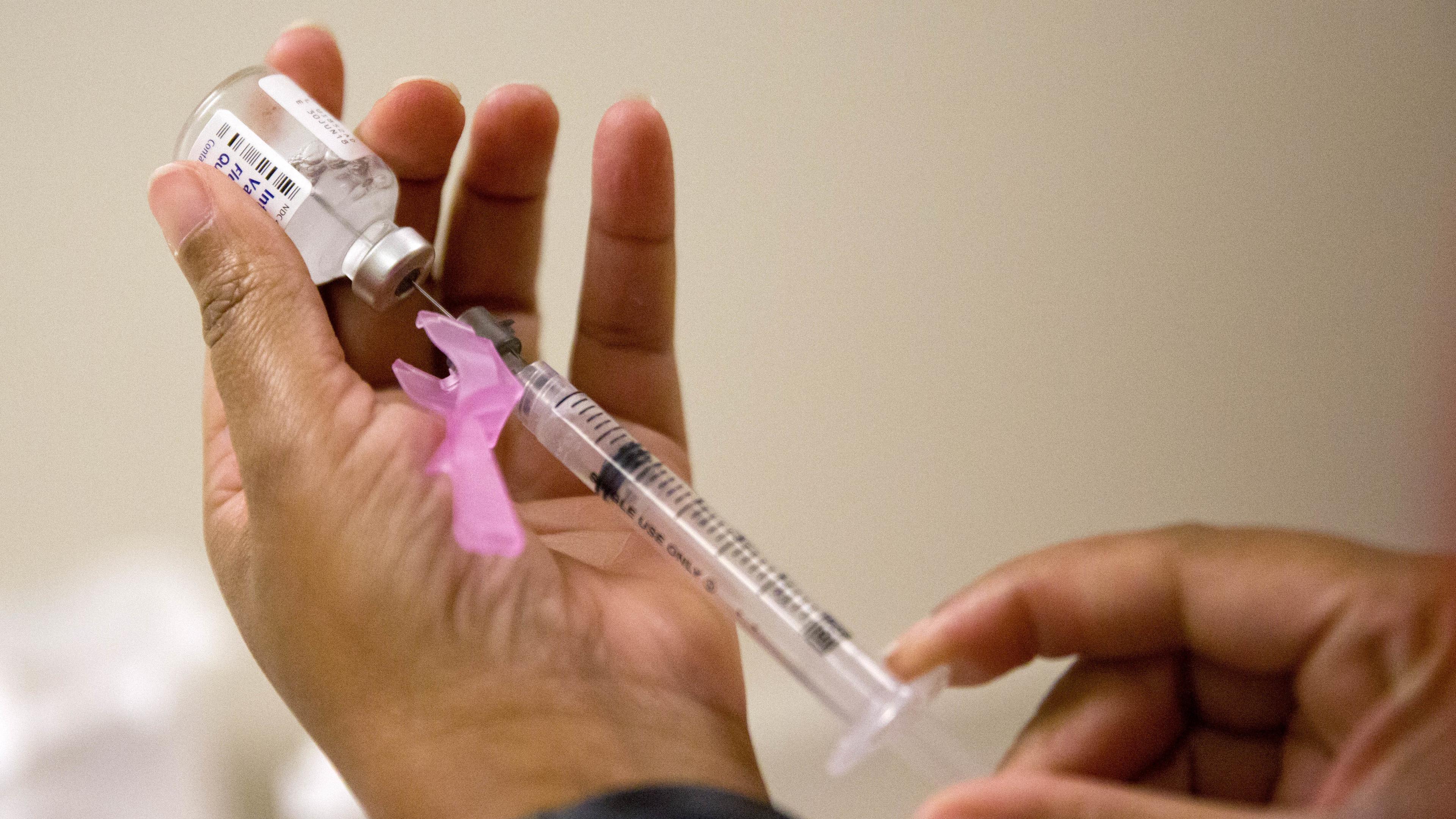
State health experts say Colorado’s flu season has been pretty normal so far this year, but it’s not time to let your guard down.
“The amount of influenza that we’re seeing this year is pretty typical,” said Rachel Herlihy, the communicable disease epidemiologist with Colorado's Department of Public Health and Environment. “What is unusual about this flu season is the type of influenza that is circulating right now.”
Herlihy said normally around this time of year, Influenza A, like H1N1 or H3N2, is passed around, but instead, health officials are seeing more of Influenza B. That virus normally hits later in the flu season and impacts kids more. Both viruses have the same symptoms.
The flu has been widespread in Colorado, with 765 hospitalizations and no pediatric deaths. Last year’s flu season came with two waves of Influenza A, which Herlihy said was also unusual.
It’s not too late to get vaccinated, she said.
“At this point, we think we’re probably only about halfway through the Influenza season, and so certainly lots of time left for people to be exposed to Influenza viruses and the vaccine is certainly the best way to protect yourself," Herlihy said.
And the flu isn’t the only illness people are dealing with this winter.
Colorado has had 26 suspected or confirmed norovirus outbreaks to date since December, said Nicole Comstock, who monitors outbreaks and communicable diseases for the CDPHE. The outbreaks have been reported in 12 different counties, primarily along the Front Range with a few in the San Luis Valley and southwest Colorado.
“Norovirus is really very common,” Comstock said. “Usually those outbreaks are detected by group settings like childcare centers, schools, nursing homes, sometimes correctional facilities. The people who work in those settings can usually detect when they’re seeing more vomiting and diarrhea that norovirus causes than they normally would expect.”
Just before Thanksgiving, Mesa County schools were closed and investigators thought norovirus was to blame. Despite that headline-making outbreak, Comstock said the state isn’t seeing an unusually high amount of norovirus outbreaks this season compared to other years, though.
Other Coloradans are still dealing with Hepatitis A from an outbreak in October 2018. Comstock said 326 cases have been reported in 17 counties. Most of the outbreaks have been in El Paso County, particularly Colorado Springs, with metro Denver following.
“Out biggest risk groups for this outbreak are people experiencing homelessness, people with substance abuse issues or people incarcerated in city or county jails,” Comstock said.
Herlihy and Comstock both said people should wash their hands thoroughly, avoid making food for others if they’re sick and stay home to avoid spreading all illnesses.
Editor's Note: An earlier version of this story had the incorrect spelling and title for Rachel Herlihy.








